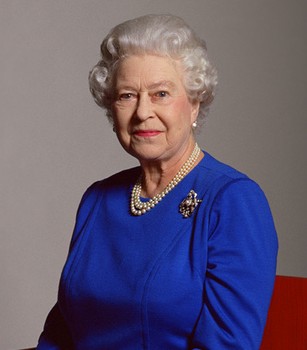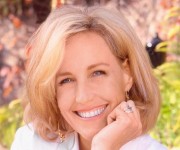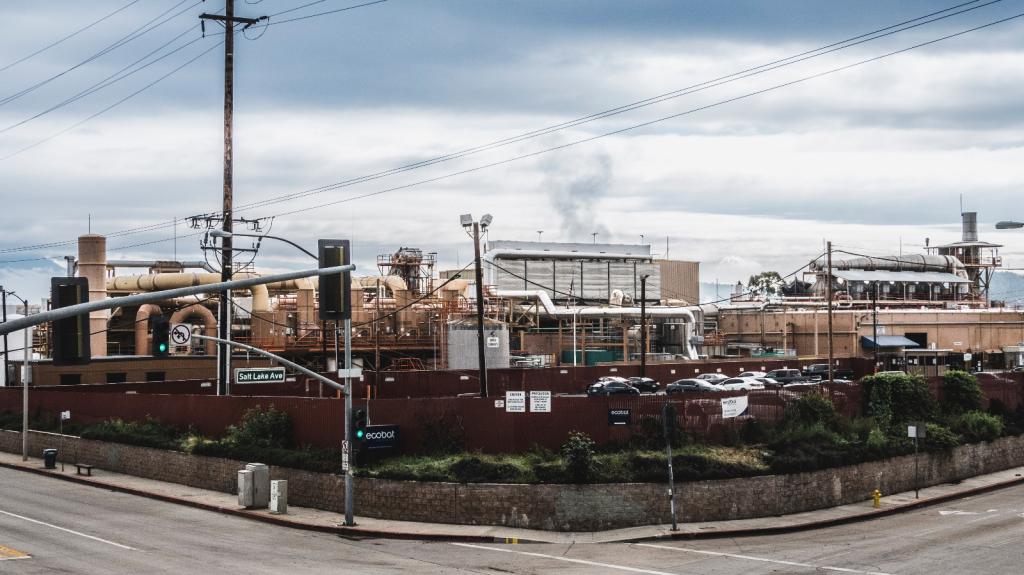Erin Brockovich.In the decade or so since her life was immortalized in the Oscar-winning Julia Roberts flick, Erin Brockovich, the real Brockovich has continued her environmental crusade. (To refresh your memory: Brockovich is the working mom who, as a file clerk in a California law firm, stumbled upon records that eventually forced Pacific Gas and Electric to pay the largest toxic tort injury settlement in U.S. history, for poisoning the groundwater in the small town of Hinkley, Calif.) She’s used her newfound status as everywoman environmental hero to help other communities kick corporate polluters out of their backyards, but she also found time to travel the lecture circuit and host ABC and Lifetime TV series.
Brockovich has also written a memoir and, this year, serial environmental thrillers starring an activist single mom named AJ Palladino who Brockovich admits is a lot like herself — only AJ is better at speaking her mind: “I love where she’ll roll her eyes, or the little comments that’ll come out of her mouth,” Brockovich says. “I still kind of tend to bite the inside of my lip and not let comments roll out like that.”
Rock Bottom, released earlier this year, chronicled AJ’s fight against mountaintop-removal mining in West Virginia. The sequel, Hot Water, has AJ looking into a controversial nuclear-research facility. Brockovich calls the book a “cause novel.” “It’s something that’s fun to read,” she says, “but when you close the book, you think, ‘Maybe I should become proactive, maybe [these problems are] in my own backyard.'”
You could call Hot Water (written with author CJ Lyons) an environmental thriller — a bit breathless and heavy-handed, but undeniably a page turner, its plot propelled around twists and turns by cliff-hanging chapter closers like: “Half a million dollars … Enough to send David to any college he wanted, to bankroll our company for the next decade, to be able to work on projects that really mattered … All I’d have to do was betray everything I believed in and let myself be bought.”
We caught up with Brockovich to ask about her latest novel and what else she’s been working on.
Q. Why did you decide to focus on nuclear research in this book?
A. There’s still a lot of secrecy behind our nuclear facilities. That’s why we decided to make this one about nuclear.
There [are] some issues, definitely, with nuclear problems in and around the country. I mean, there’s studies out there now about babies that have radioactive material in their teeth. They call it the Tooth Fairy study. Really, that’s what they call it. And we’re just not that aware.
I think we have concerns about nuclear meltdowns, especially after what happened in Japan. We’re not facing a crisis like in [Fukushima], but I think what’s happened is we’ve gotten either complacent or forgotten about nuclear, [about] what could happen if something goes wrong. There are new ways to find and harness our energy; [nuclear] has the potential, if something goes wrong, to be quite dangerous, and something we can’t take back.
I’m hoping that the book will strike a chord in a reader’s mind, so maybe they can become more aware, they can be more outspoken, about how and where we’re going to get our energy from.
Q. What advice do you have for someone who, like you did, makes a discovery of contamination or corporate wrongdoing and isn’t sure what to do with the information?
A. The first thing that person needs to do is just look at the problem, ask some questions, [and] talk to [their] neighbors. A lot of times, we don’t know what [information] we can get. You can go under [the Freedom of Information Act]; it is your business to know what company is in your town and what it’s doing. A lot of times in situations like this, [community members] don’t ask, because someone’s going to say, “You’re not a doctor, you’re not a scientist, you’re just trying to cause problems.” Don’t be deterred by that. A lot of times information is just sitting there that no one knows is there. It happened to me in Hinkley.
I’ve had a woman contact me from Middletown, Ohio. They live around AK Steel. And they’re concerned because they’ve had one or two people that had glioblastomas. Well, she started talking to her neighbors; she started calling old neighbors that had moved away. She found 59 glioblastomas. Fifty-nine! All because she started asking questions. I had [another] woman contact me, and she and her girlfriends — there’s about 30 of them from high school and college that were quite close — they all connected again because of Facebook. But they all had cancer. And we were able to place them back, all of them, to one source that had a landfill.
If you’re not certain where to start, send me an email. I have tens of thousands of people email me a month with different issues, mostly environmental. Let me know where you live, and we can track if there’s a facility near you. I’m in discussions with Google; we’re creating the People’s Reporting Registry, [so people can report] what they think are too many cancers in their area, or if there’s something going on, whether it’s groundwater contamination or soil vapor intrusion; it could even be nuclear. As soon as we get this map up, you’ll be able to check it, and you might be able to start answering your own questions a whole lot quicker.
Q. That’s a lot of emails. How do you choose which ones to focus or follow up on?
A. I work with a firm in Australia. We categorize [the emails] first — what’s a whistleblower, what’s a [workers’ compensation] problem, what’s a pharmaceutical problem. I’ll go through each whistleblower one to see if it’s pertaining to any case I’m working on. If somebody comes with a problem that may not have any legal recourse, it can’t just end there — I want to be able to give them another place to go, whether it’s a Facebook group, an agency that can provide information, or some place for them to go so they can either be further educated or get some resolve, for their own sake of being able to move on. I don’t want people to stop writing me. This is where, for me, it became so important to take all of this information and turn it into something that’s useful, so [people] have a place to go where they can maybe start getting some answers.
Q. How can we harness the energy involved in this kind of community defense in the fight against climate change?
A. I think climate change is something that, whether you want to believe it is industry-caused, or whether you want to be believe it’s manmade — everybody has their opinions about it — if you can see that you’re living in an area that is having more earthquakes or more hurricanes than normal, maybe it’s climate change, maybe it’s nature, but don’t you want to be prepared?
And so [the challenge is] to take the overwhelmingness out of this for people, because it’s like they want to try and change some political system, or you might want to try to stop global warming … I can tell you it is daunting, it’s so overwhelming, you just kind of throw your hands up and do nothing. But just imagine if every single person, for the sake of themselves and their family, chose to do something. There’d be millions of us, at an individual level, changing, and then overall there’d be a difference.
Q. I’m curious what you think of the Occupy movement and what wisdom you would have for the 99 percent on how to turn that kind of anger into meaningful action.
A. Go home, and implement [change] there. That’s where you start.
I love the idea of Occupy Wall Street; it’s obvious what they’re angry about. It’s not an easy world right now, and I get it. I have a son who’s just come back from Afghanistan with PTSD. I’ve recently been through the death of my father. I feel the economic crunch; I am with every American at that level. All I can do is focus on what I can do to get through this, and how I can help other communities collectively get through it.
I would advise people to go home and make a system that is workable for you within your home. If each one of us did that, it might send a bigger message to corporations … Take your community back, and if you don’t like something, then speak up, run for something, because you can change something. Don’t sit and wait for someone else to give you directions on where you need to go, ’cause Superman’s not coming.
Q. Speaking of superheroes, I have to ask: What’s it like to go from being an ordinary, unknown person to a household name who gets tens of thousands of emails a month?
A. People ask me that question all the time, and I have to tell you, 11 years later, it’s taken me all this time to kind of formulate [an answer]. At first it was fun, then kind of surreal, and I didn’t really know what to do with everything. Sometimes I felt like Jim Carrey [in the movie God Almighty] where all the emails came in from God. It was like, “Stop! I can’t take it anymore!”
So I do feel a little overwhelmed but I also feel a great sense of pride and honor. I mean, I’m not sure how I got tagged as the toxic lady, but I just keep always bringing it back home to how and why it is that I got started and involved in Hinkley. It was just getting to know my neighbor. And look what came from it.



